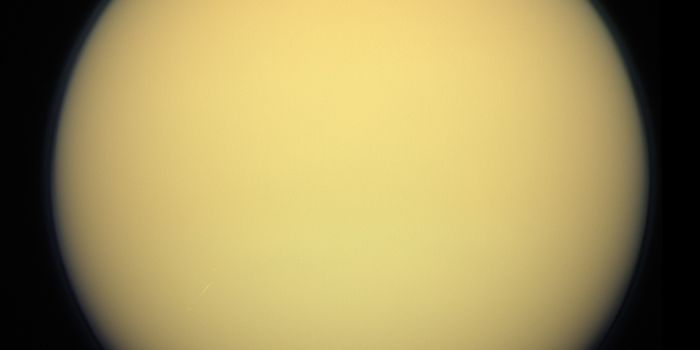Nanoemulsion: The new way to deliver drugs
Nanoemulsions are tiny droplets of one liquid suspended within another liquid. These emulsions are similar to the droplets that form when you shaking an oil-and-vinegar mixture except the droplets are much smaller giving them an edge for stability for longer periods of time. Essentially, because nanoemulsions are so small--droplets with a diameter 200 nanometers or smaller—there desirability is not just in stability but in higher ratio of surface area that can allow them to carry active ingredients such as drugs or sunscreens.
Now, MTI chemical engineers have found a way to transform liquid nanoemulsions into a gel upon reaching body temperature (37 degrees Celsius). The process can prove useful for innovative drug delivery through skin.
"The pharmaceutical industry is hugely interested in nanoemulsions as a way of delivering small molecule therapeutics. That could be topically, through ingestion, or by spraying into the nose, because once you start getting into the size range of hundreds of nanometers you can permeate much more effectively into the skin," says Patrick Doyle, the Robert T. Haslam Professor of Chemical Engineering and the senior author of the study.
The study, published in Nature Communications, describes nanoemulsions that were stable for more than a year. The potential usage in its drug delivery was demonstrated using ibuprofen into droplets.
MTI News: MIT chemical engineers have devised a way to convert liquid nanoemulsions into solid gels. These gels (red) form almost instantaneously when drops of the liquid emulsion enter warm water. (Image: Courtesy of the researchers)
The more energy that is placed in the nanoemulsions--the smaller the droplets, the increased stability. "With this approach, you don't have to put in much energy at all," Doyle says. "In fact, a slow stirring bar almost spontaneously creates these super small emulsions."
Source: Science Daily









